The Fragility of Specialized Advice
We consider a multi-sender cheap talk model, where the receiver faces
uncertainty over whether senders have aligned or state-independent
preferences. This uncertainty generates a trade-off between giving suf-
ficient weight to the most informed aligned senders and minimizing the
influence of the unaligned. We show that preference uncertainty dimin-
ishes the benefits from specialization, i.e., senders receiving signals with
more dispersed accuracy. When preference uncertainty becomes large,
it negates them entirely, causing qualified majority voting to become
the optimal form of communication. Our results demonstrate how po-
litical polarization endangers the ability of society to reap the benefits
of specialization in knowledge.
Keywords: cheap talk, information aggregation, specialization in knowl-
edge, voting






